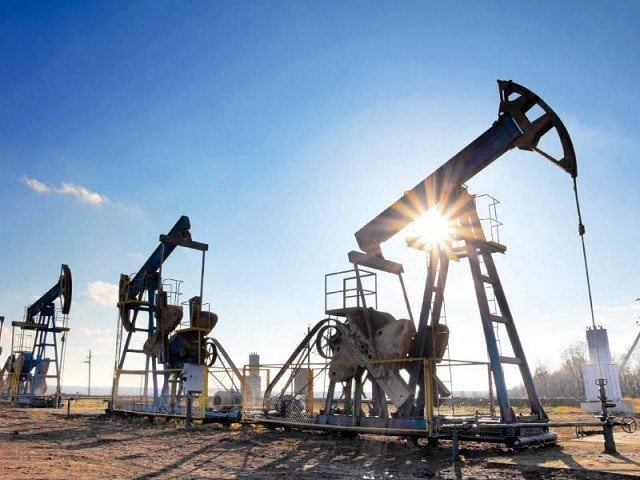
The share of energy imports increased to 23.7% in the total import bill amounting to $60.86 billion in fiscal year 2018, compared to 20.64% in the total of $52.90 billion in the previous fiscal year 2017, stated the Pakistan Bureau of Statistics (PBS) on Monday.
“The rupee devalued 22% (in the last seven months). This has remained the single largest factor in the increasing import bill,” said Pakistan State Oil MD and CEO Sheikh Imranul Haque in a conversation with The Express Tribune.
“The (energy) import bill would have straightaway increased 22% due to the rupee deprecation, irrespective of the price and quantity of energy imports,” he said
Chinese firm offers ‘energy from garbage’ project again
“Secondly, the Brent crude oil’s price (the benchmark oil price for imports in Pakistan) has increased from $60 per barrel to $80 per barrel (showing a surge of 33%)… so the two developments have left a double impact on energy imports,” he added.
Pakistan heavily relies on energy imports in the absence of local oil and gas production. It meets over 70% energy demands through imports, according to the estimate.
The country, which has built the infrastructure for LNG imports in recent years, has seen an increase in gas imports as well. “It (Pakistan) may emerge as the second or third (world) largest importer of LNG this year or the next… it was the sixth largest importer of gas last year,” said Shell Energy Executive Vice President Steve Hill in March, 2018.
Govts come and go, but power-sector challenges still there
On an average, Pakistan is importing eight LNG vessels almost every month, including six vessels at Engro’s Elengy import terminal and two at Pakistan’s LNG terminals, the PSO CEO said.
Import trends
The trends suggest that the import of crude oil and LNG has continued to increase in both value and volumetric terms during the year. The import of refined petroleum products has, however, slowed down in volumetric term in FY18.
The increase in the import of crude oil and drop in import of refined products make sense, since Pakistan’s single largest refinery, Byco Petroleum Limited, resumed operations in August 2017.
The 120,000-barrel-per-day refinery had to suspend operation after catching fire a few years ago. The import of petroleum crude increased 66% in dollar denomination and 29% in volumetric term to $4.22 billion and 10.40 million tons, respectively, PBS stated.
On the other hand, the import of refined products increased 9% in value to $7.47 billion, but decreased 8% in volume to 15.22 million tons, it added.
The drop in the import of refined products may also be attributed to the shift in government’s policy of taking nominal electricity production from oil-based power plants and significantly higher from LNG-fired power plants during the year.
“(Import of) furnace oil dropped two million tons this year, roughly. This does not include oil imports during those 2-4 months, when the country took nominal power production from oil-fired plants,” Haque said.
Demand for petrol and diesel has remained on higher side with improved performance of large-scale manufacturing industries like fertiliser, cars, cement and steel and increased population of cars on roads.
Published in The Express Tribune, July 24th, 2018.
Like Business on Facebook, follow @TribuneBiz on Twitter to stay informed and join in the conversation.

1729161093-0/liam-(4)1729161093-0-165x106.webp)


1732603002-0/lamar-(4)1732603002-0-165x106.webp)












COMMENTS
Comments are moderated and generally will be posted if they are on-topic and not abusive.
For more information, please see our Comments FAQ